Here are five films deemed so grotesque they earned the honour of being banned by the UK film industry.
The relationship between the horror genre is nothing new, with the 1980s seeing mass moral panic and censorship over increasingly graphic movies being released.
General audiences became so concerned that the UK National Viewers' and Listeners' Association even coined the term 'Video Nasties' to highlight videos which it believed featured obscene content.
Despite attitudes becoming more tolerant other the years, even modern directors of extreme horror franchises have faced backlash over their creations and even struggled to find distributors due to the extreme content of their productions.
So without another further ado, here is a list of films to recommend if you want friends and family to ask what is seriously wrong with you:
The Human Centipede 2 (2011)
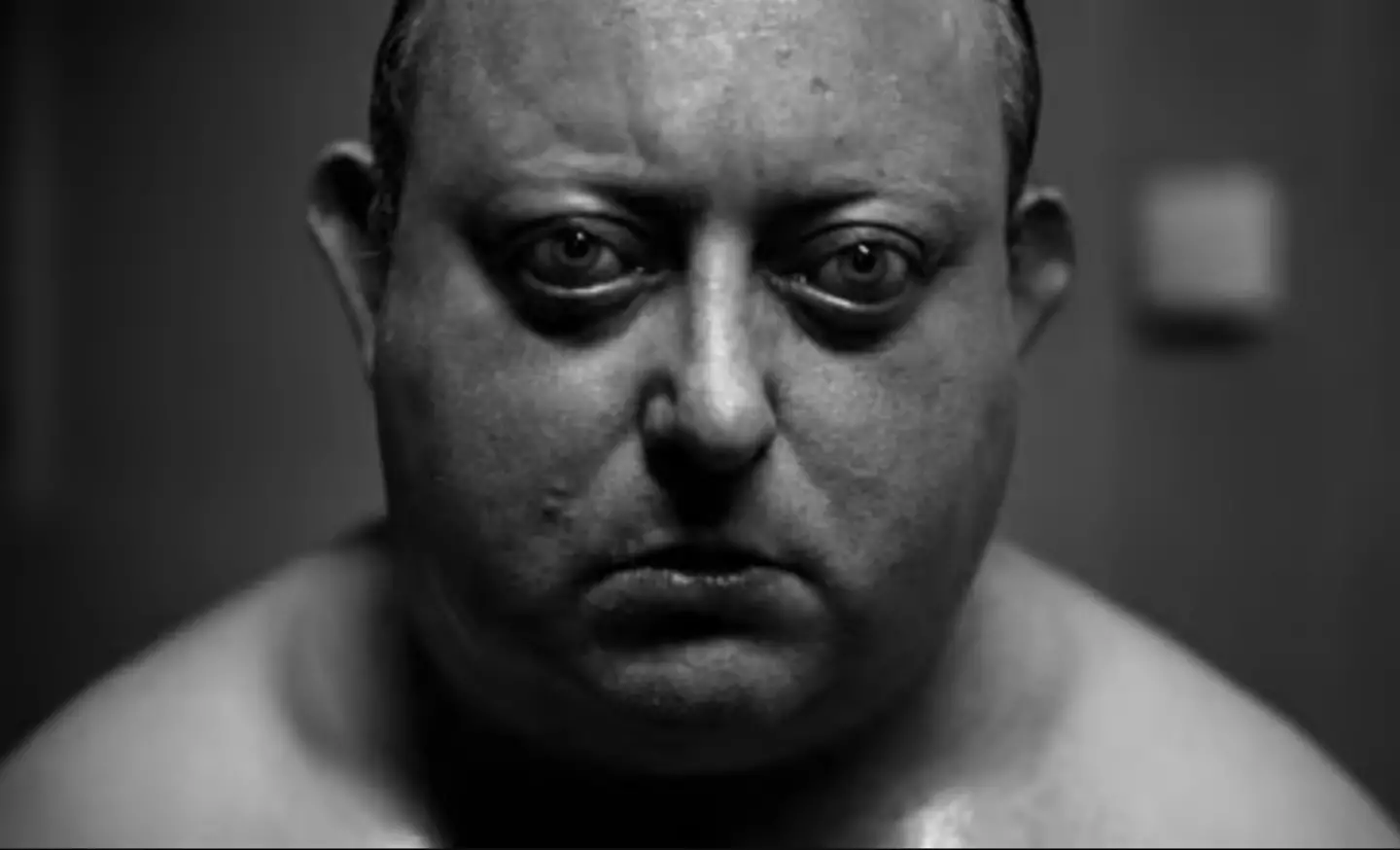
Laurence R. Harvey in The Human Centipede 2 (IFC Films)
Not content with just grossing audiences out once, Dutch filmmaker Tom Six decided to bring back his Human Centipede idea for another outing two years later - which turned out to be even more stomach-churning than the original.
Inspired by the gruesome events of the first film, the sequel stars Laurence R. Harvey as Martin Lomax, a man whose obsession with the original film leads him to recreate it. Lovely.
The sequel went even harder on the more graphic and gruesome elements of the franchise, causing it to be banned in the UK by the British Board of Film Classification (BBFC) until extensive cuts were made.
Hate Crime (2013)
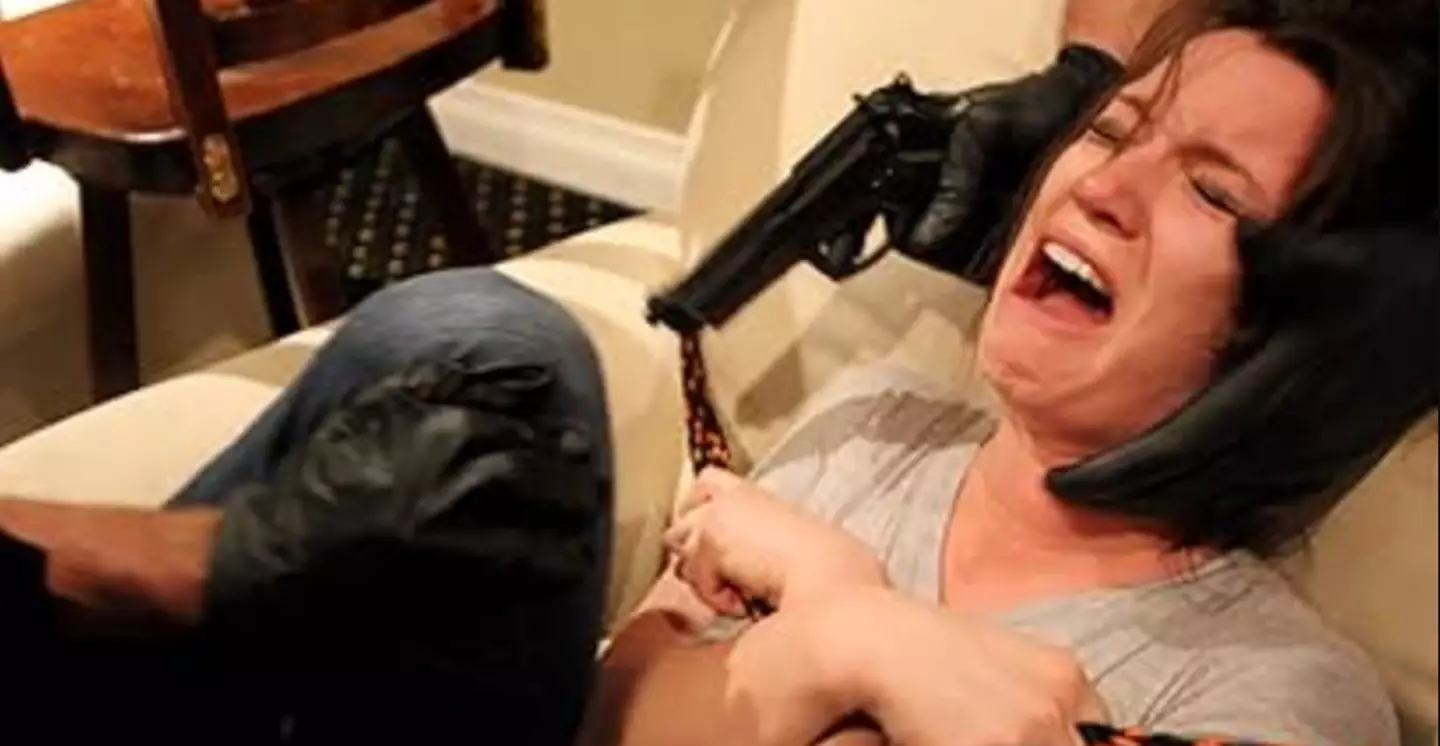
Hate Crime was banned due to its depictions of racial hatred (Unearthed Films)
Moving away from body horror, US found-footage horror Hate Crime was so violent the BBFC refused to issue a certificate for the film's on-demand release due to its racially-aggravated violence.
The film follows a bunch of crystal meth-crazed neo-Nazis who invade the home of a Jewish family and subject them to unimaginable levels of violence, including torture, rape, incest and murder.
Director James Cullen Bressack would later defend the film, saying that as a Jewish man he was motivated to make a film which 'depicts the very thing that haunts my dreams'.
I Spit on Your Grave (1978)
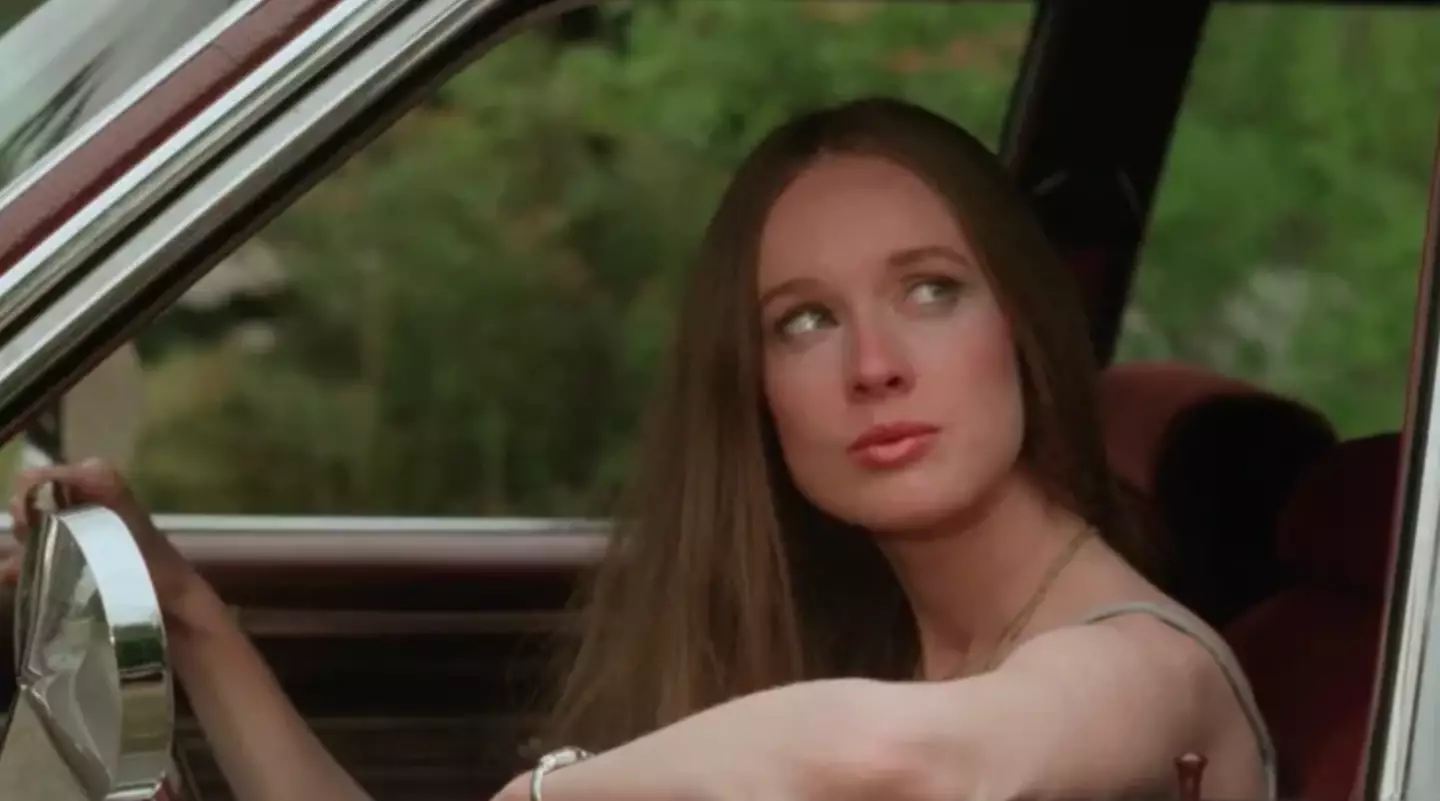
Camille Keaton in I Spit on Your Grave (Cinemagic)
A revenge thriller, I Spit on Your Grave follows the fiction writer Jennifer Hills (Camille Keaton) as she enacts a violent plot of revenge against the men who violently sexually assaulted her.
Unclassified by the BBFC until extensive cuts were made in 2001, I Spit on Your Grave has since been regarded as a cult classic by horror fans - leading to a remake in 2010. A sequel, I Spit on Your Grave 2 was later released in 2013.
The Evil Dead (1981)
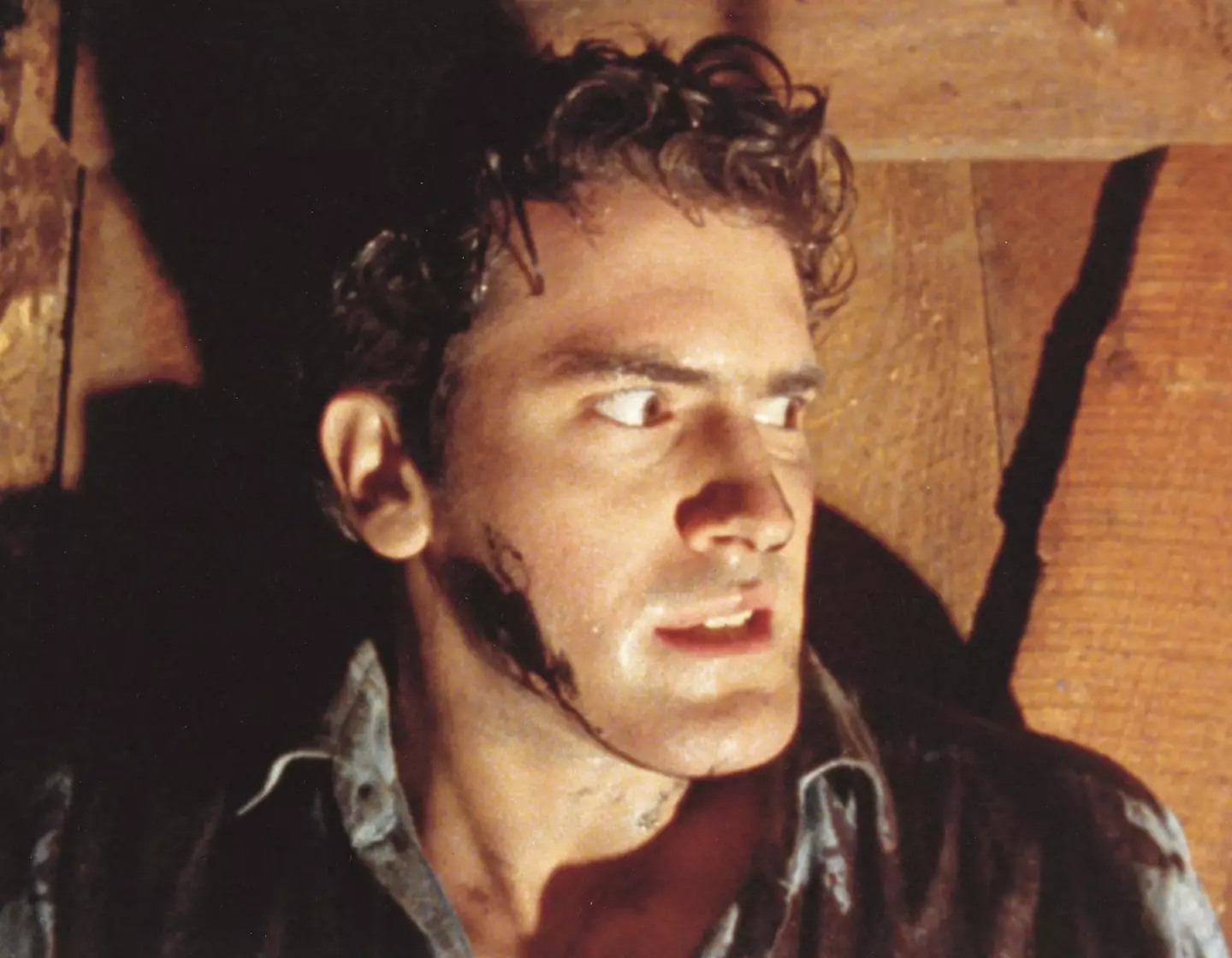
Bruce Campbell in The Evil Dead (New Line Cinema)
Nowadays the Evil Dead is a popular comedy-horror franchise spanning five films and various spin-offs, however creator Sam Raimi found himself in hot water following the release of the original.
Seeing a group of young students' vacation to rural Tennessee turned upside down by the discovery of a grimoire which releases demonic spirits.
The BBFC requested various cuts to the most graphic scenes before giving the film an X certificate, with The Evil Dead's controversial home video release leading to the creation of 1984 Video Recordings Act, which subjected home releases to a stricter criteria than theatrical ones.
A full uncut version of the film would finally be released in 2000.
Cannibal Holocaust (1980)
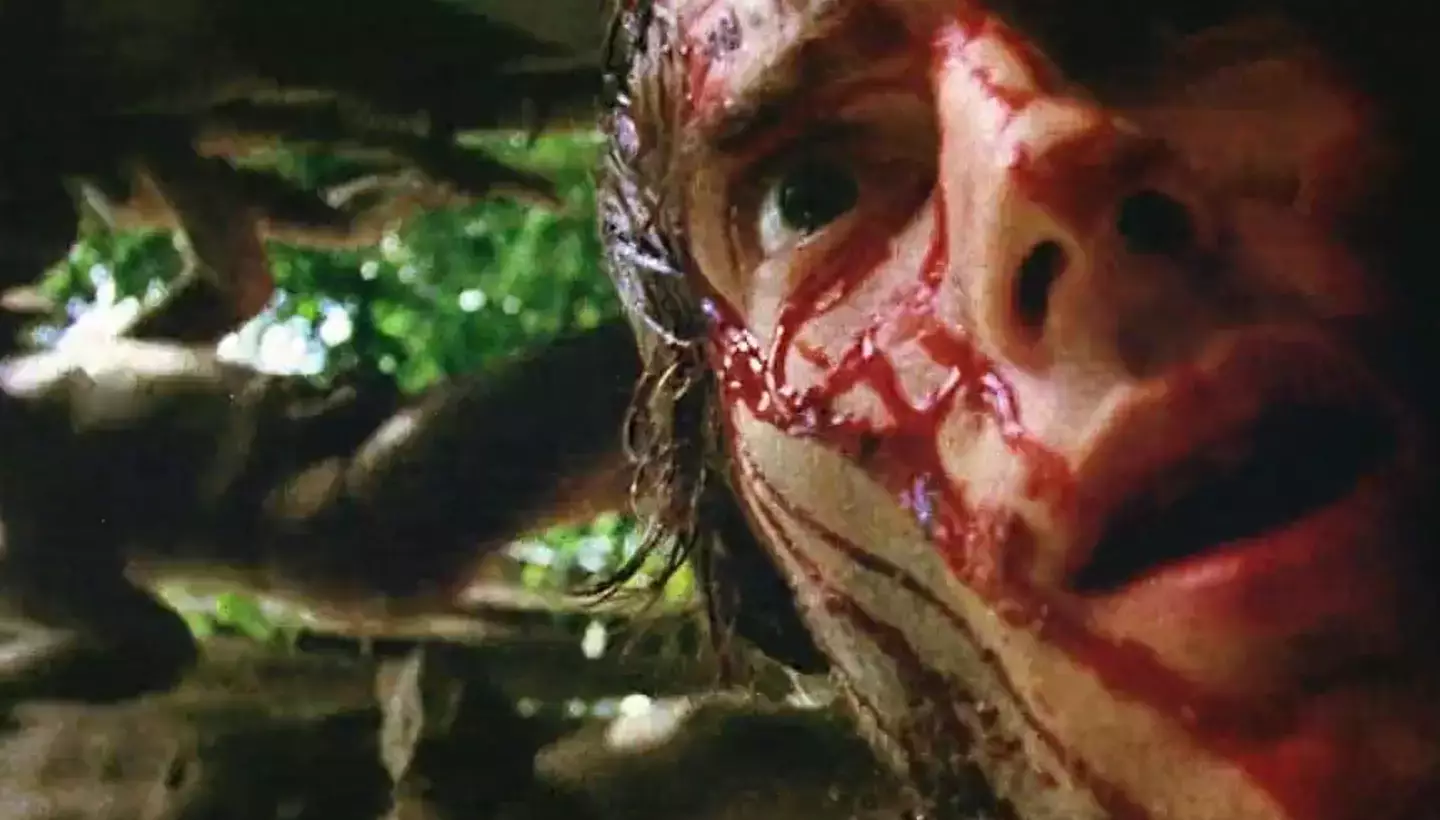
Cannibal Holocaust is rumoured to have seen the director face murder charges (United Artists Europa)
Of course this wouldn't be a round-up of f**ked up horror films if we didn't include one which allegedly saw the crew come close to being sent to prison.
Released in 1980, Italian film Cannibal Holocaust follows the story of an American film crew who disappear in the Amazon rainforest while documenting cannibalism among indigenous tribes and the subsequent rescue mission.
Cannibal Holocaust was banned in 50 countries - UK included - with rumours (which have neither been proven or disproven) that director Ruggero Deodato was charged with the murder of the cast until he revealed how the film was shot.
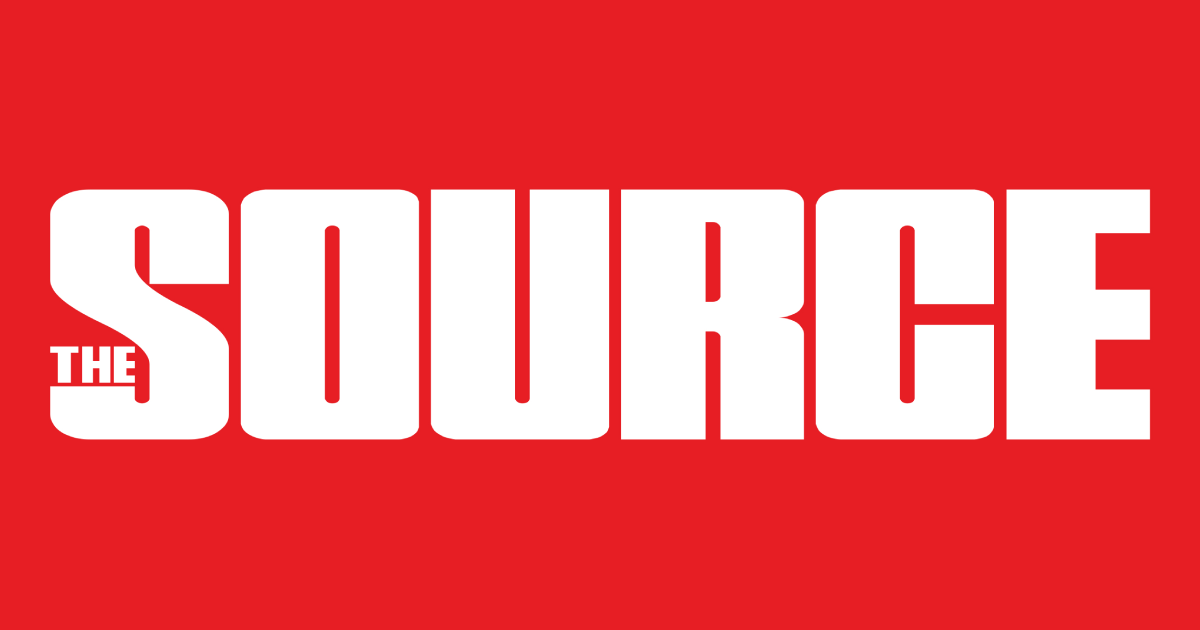
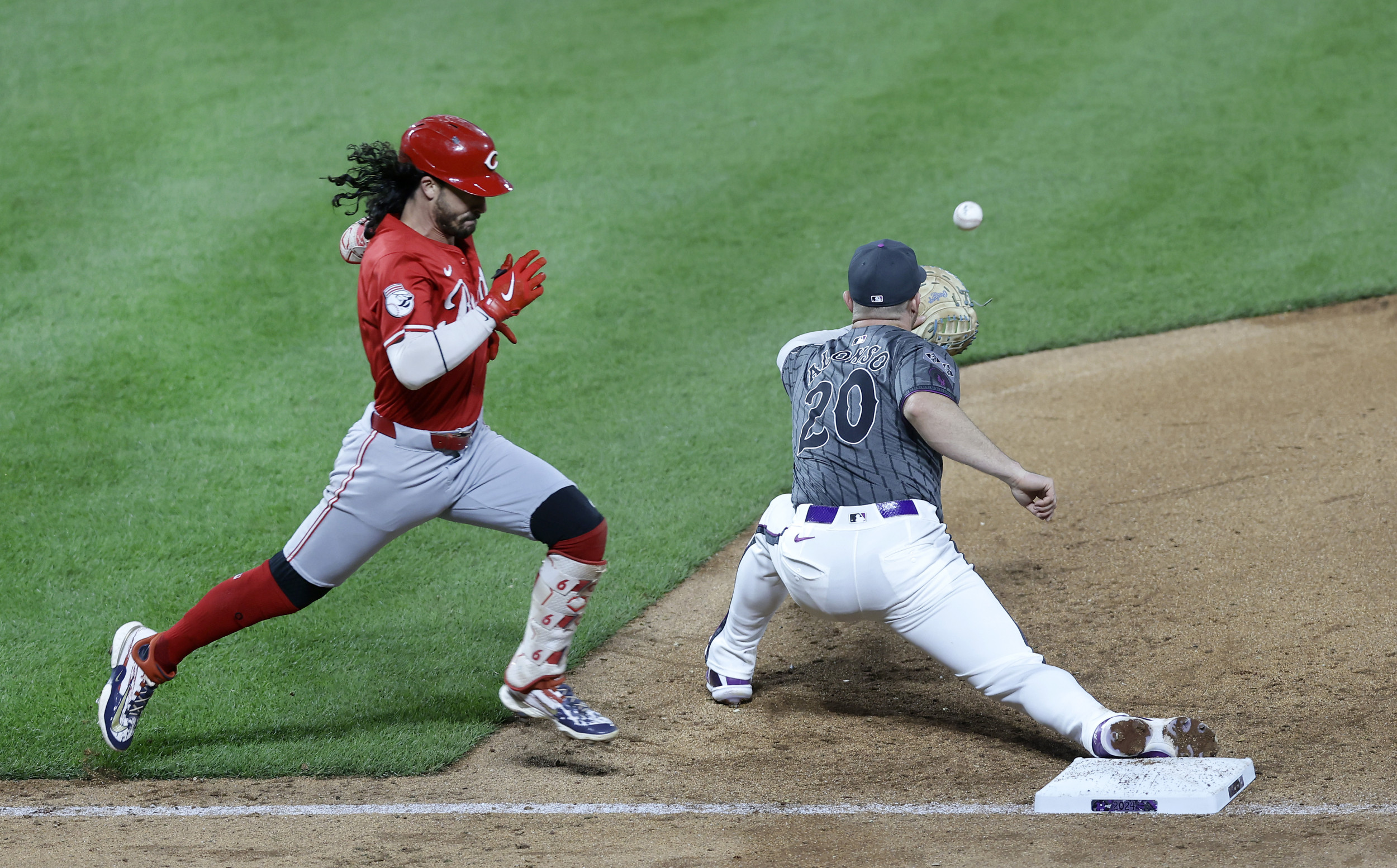


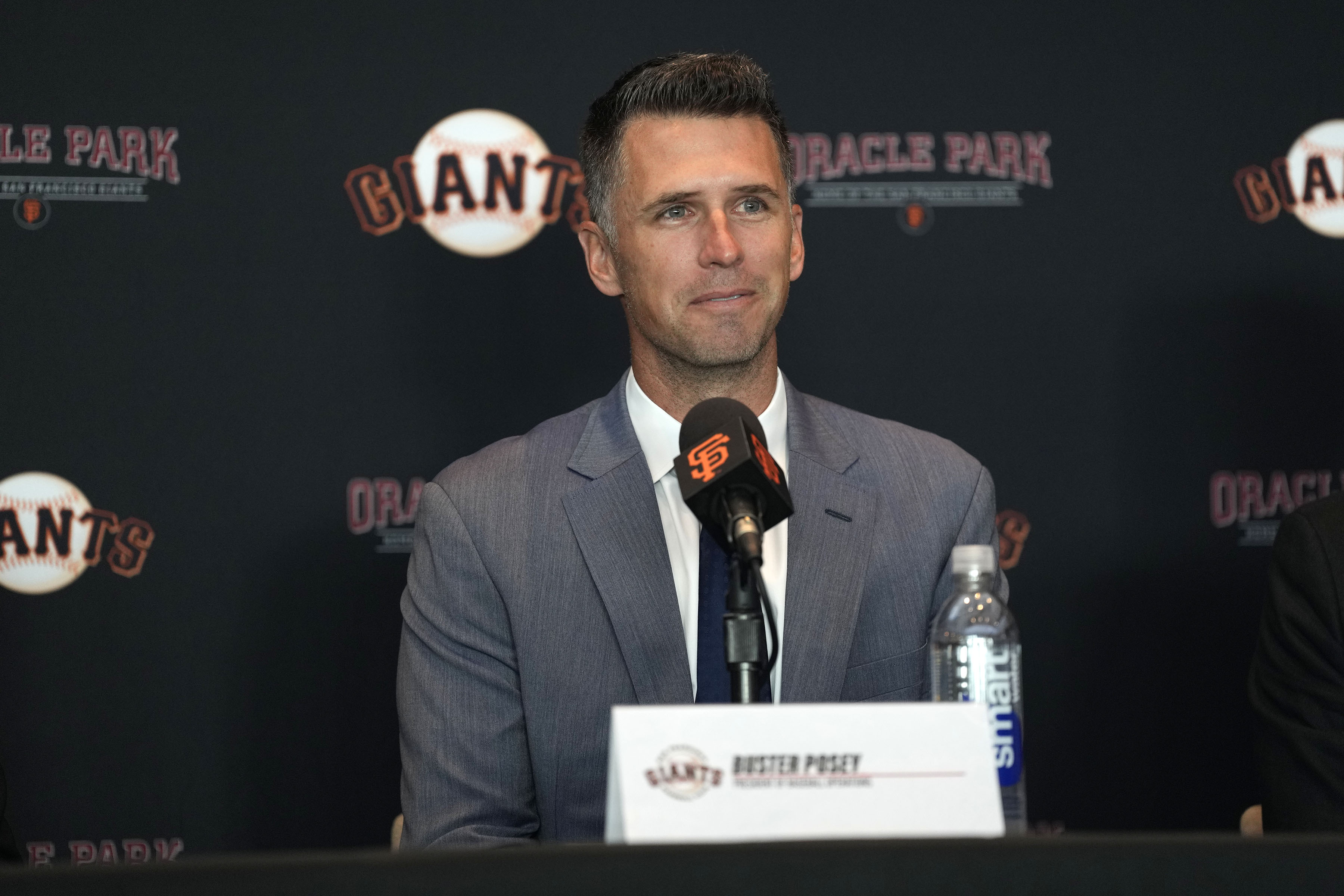




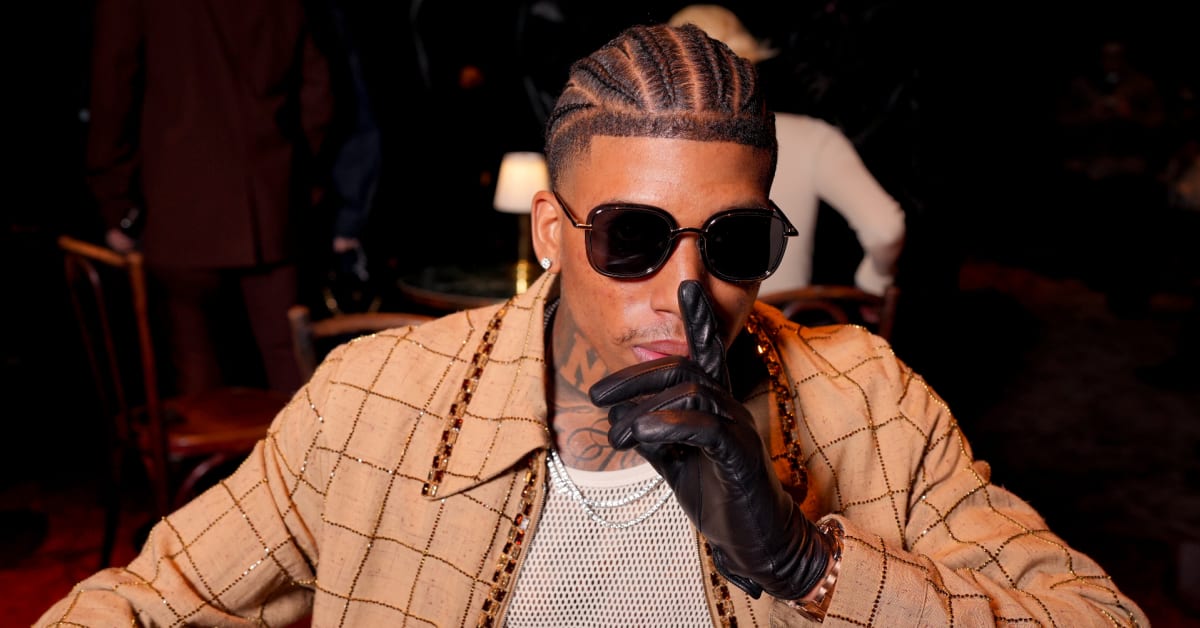







 English (US) ·
English (US) ·